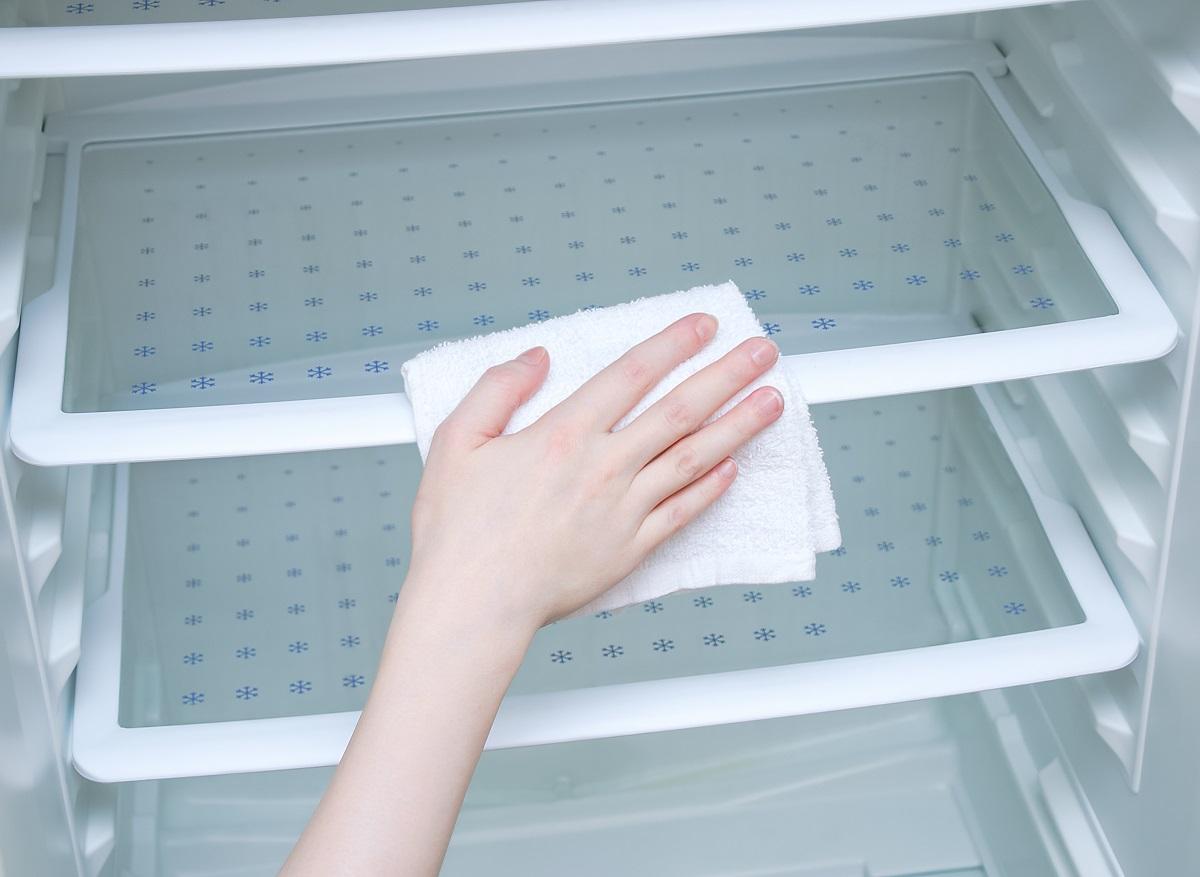
You can find them in every supermarket: yellow wipes that you can use for a thousand purposes. And bright, rough microfiber cleaning wipes. Very handy for wiping your kitchen counter, blotting up any leaks from meat or just soaking up the toilet. After brushing you usually throw them away…
But you can also wash them. At 60 degrees in the washing machine, the hot water kills all potentially pathogenic bacteria. But you will probably rarely have enough wipes to fill a drum. So you will have to mix them with other laundry that is also hot washed, such as socks or bedding. But isn’t that super unhygienic? Those wipes are often covered in billions of bacteria: from the toilet, from chicken meat, from dirty kitchen counters. Can you actually mix it with, for example, bedding?
Make no mistake: bacteria are everywhere. Thousands of billions already live in your gut, which together make up two kilograms of your total body weight. Even outside the body, the whole world is populated by countless of those invisible small organisms. According to Marcel Zwietering, professor of food microbiology at Wageningen University, we have nothing to fear. ‘It’s like with people,’ he says, ‘are people dangerous? In a shopping street heaps of people are walking around. Is that scary? I do feel safe with it. But sometimes there are terrorists, villains or robbers among them. It’s the same with bacteria: most of them are harmless.’ In fact: ‘If you would eat a dirty dishcloth, there is a 99.9 percent chance that nothing will happen.’
Nothing to fear?
Yet Zwietering says: ‘‘Be careful with cleaning wipes. Especially if there are small children in the house or grandparents – the elderly have a less well-functioning immune system – sometimes visit. Or if there are sick people in the house. Every now and then a harmful bacterium can crop up, such as the bacterium Campylobacter. Other known crooks among the bacteria: Salmonella and Listeria. The Staphylococcus aureus is no fun either. Or E. coli. The latter is in most cases an ordinary intestinal inhabitant, but this bacterial species has a special subgroup that can produce toxins – poisons – in the intestine.
Washing at 60 or even 95 degrees works fine for this: the bacteria that are the most dangerous die in the cooking wash. You can put those dirty wipes in the washing machine with your underwear, socks, towels and bed linen. The washing machine first rinses away a lot of dirt and bacteria, then the detergent is added, along with the hot water. Harmful bacteria do not survive that.
Wring them out
But rinse that cleaning cloth well with boiling hot water before throwing it in the laundry basket. “A good rule of thumb for sanitizing is: if you burn your hands on the water, it’s hot enough.” Don’t splash too much, because then you spread those bacteria again. Use household gloves or place it in a sink with hot water and then hang it out well to dry. Remember, bacteria thrive in an environment that is warm, humid, and where there is something to eat. You can greatly reduce the risk of infection by rinsing, disinfecting with heat and then drying.’
Source: www.volkskrant.nl
















